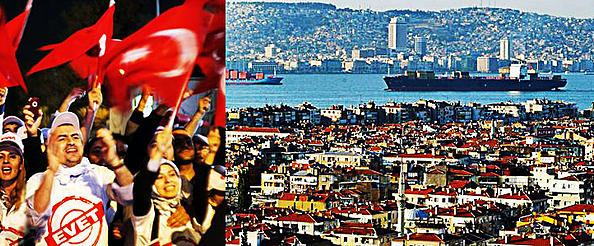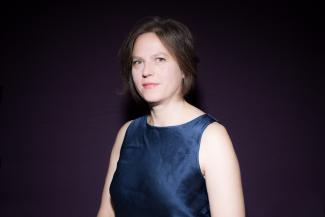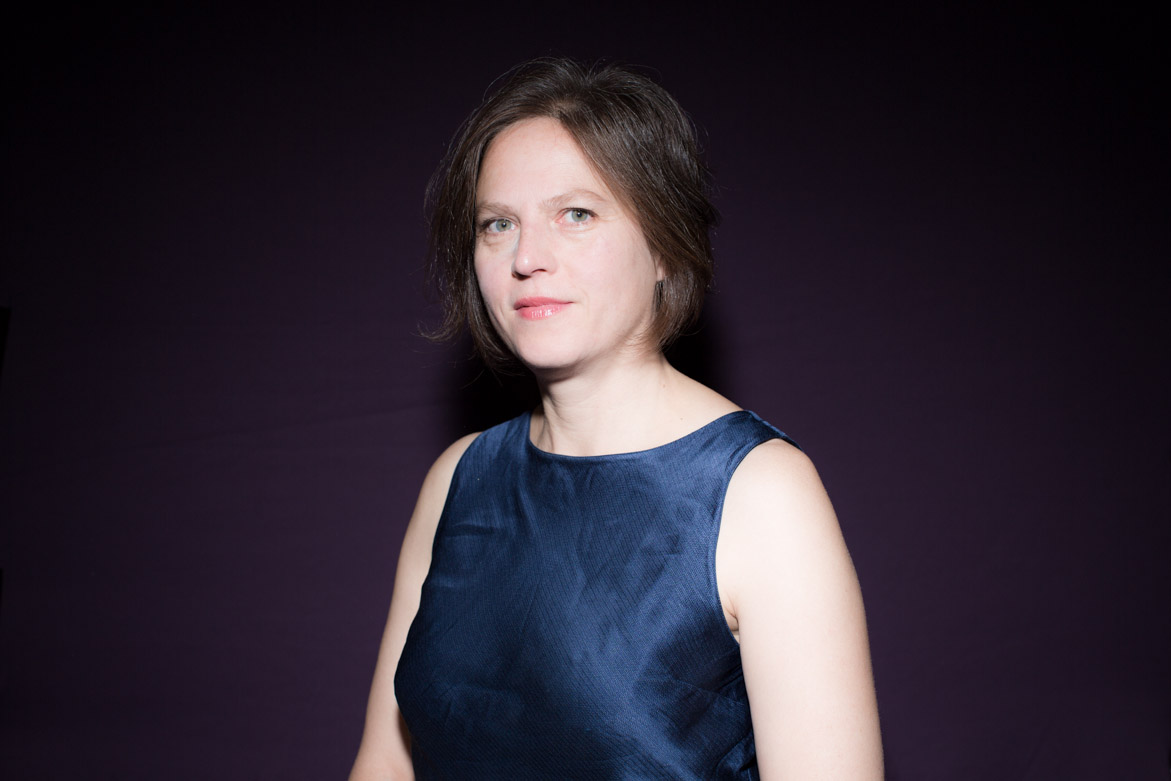
Practical information

During the last eleven years, as its accession process to the European Union did not move much forward, Turkey, under the lead of Prime Minister Recep Tayyip Erdoğan, asserted itself as a regional power. It counts today 77 million inhabitants and reports a GDP of 820 billion USD (2013) which ranks it at the 17th world place.
This large emerging country led by a party that claims its religious identity, has recently elected, for the first time by universal suffrage, its President, the very Recep Tayyip Erdoğan. The later wishes to raise his "New Turkey" to the 10th world rank by 2023, year of the centennial of the Republic.
But the authoritarian drift of the power of the last years, could fragilize the country, which economic performances are declining ant that faces numerous conflicts at its frontiers.
Speakers
Related Subjects
Other events

Paris Naval Conference 2026: Naval Rearmament and Operations in Contested Waters
This fourth edition of the Paris Naval Conference (CNP), bringing together high-level military, industrial, and academic speakers, will address the challenges associated with general naval rearmament and naval operations in increasingly contested environments.







